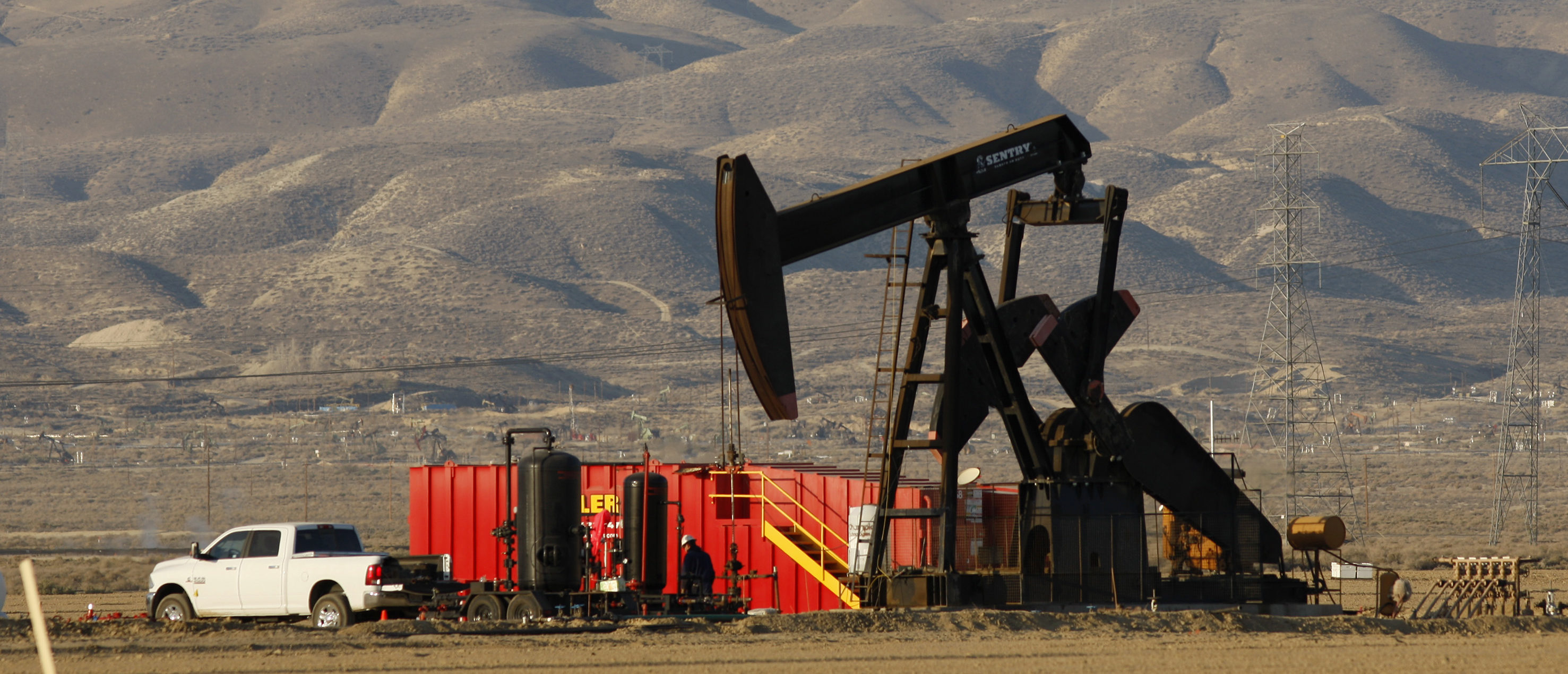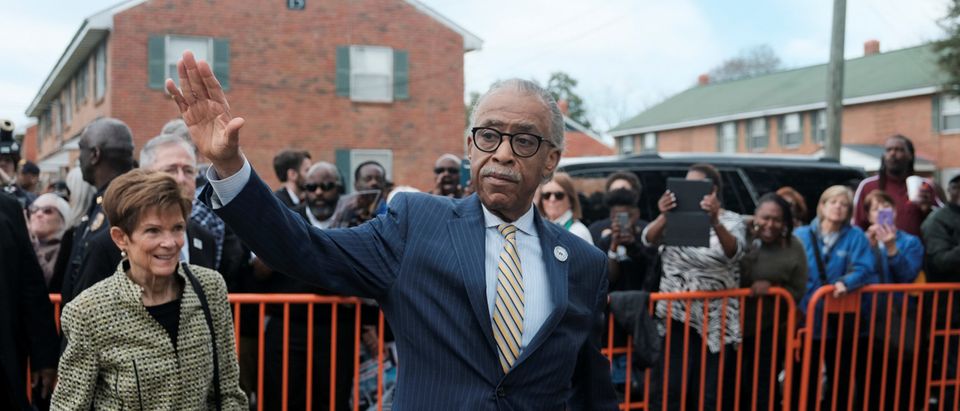Civil rights leaders are criticizing a common talking point among environmentalist activists who say hydraulic fracking disproportionately hurts black people and other minority communities.
Revs. Al Sharpton and Jesse Jackson and National Urban League president Marc Morial said they oppose an abrupt move away from fracking, according to an Axios report Monday. They said the technique for producing natural gas helps black people who struggle with high energy prices.
Morial was particularly rough on activists who said their anti-fracking position is tie in with social justice matters. (RELATED: EXCLUSIVE: We Asked Battleground Dem Lawmakers About Sen. Sanders’ Anti-Fracking Promises. Only One Responded)
“I would not want to cite a specific instance, but generally speaking, people are debating these issues in some instances without consultation with the leaders of the African-American communities and neighborhoods affected by these issues,” Morial told Axios.
Jackson and Sharpton shared their sentiments as well.
Jackson told Axios in February that he supports “the call [to ban fracking] with a proper transition … In the meantime, those who are down and out have to have it in the meantime.” Sharpton made similar points.
“I think natural gas is a temporary — I don’t think we ought to make it the end-all, be-all — solution, but in the interim, people in communities of color should not pay the brunt of suffering through cold winters,” Sharpton told Axios. He heads the National Action Network.
Morial, for his part, pushed back on claims that his group’s acceptance of donations from fossil fuel companies biases his position.

A pump jack and frac tanks (Photo by David McNew/Getty Images)
“Whenever someone disagrees with what you say, they think, ‘Oh, you must be getting paid,'” Morial said. “It’s condescending, patronizing and racist. I hope you print it. I want them to see it. Because that’s the way we feel.”
Morial, Jackson and Sharpton’s comments came after the National Association for the Advancement of Colored People warned its local chapters in 2019 that oil companies are supposedly trying to manipulate them into supporting their products.
Black communities and average Americans struggle with soaring energy prices. Nearly one in five households are forced to go without food and medicine to pay their energy bill, the Energy Information Administration noted in a 2018 report.
Some places are forced to rely on exported gas as environmental activists pressure officials to forgo natural gas production and distribution.
Officials in Massachusetts and neighboring New Hampshire, for instance, blocked financing in 2016 for the $3 billion Access Northeast Pipeline, which would have helped the state weather an energy crunch in 2018.
The state’s decision to rely principally on green energy hiked gas prices and forced it turn to Russian oil imports.
New England’s energy grid strained to keep up with skyrocketing energy demand in 2018 when arctic temperatures hammered the East Coast. Boston received a shipment of natural gas from an export terminal owned by Novatek — one of the Russian energy giants sanctioned in 2014.
All content created by the Daily Caller News Foundation, an independent and nonpartisan newswire service, is available without charge to any legitimate news publisher that can provide a large audience. All republished articles must include our logo, our reporter’s byline and their DCNF affiliation. For any questions about our guidelines or partnering with us, please contact licensing@dailycallernewsfoundation.org.












